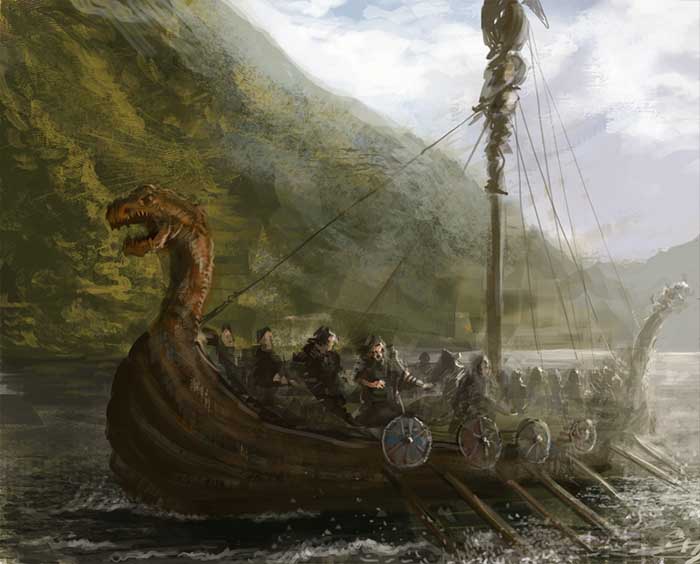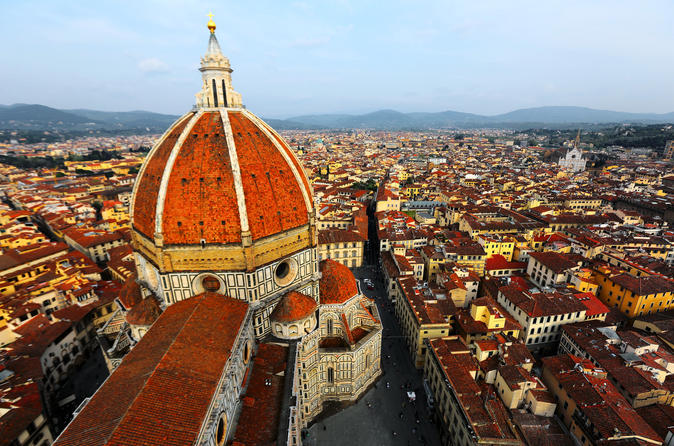
Before we get into the history of classical music, it's perhaps incumbent upon us to explore what exactly the term refers to. What is classical music? Well, The OED defines it as
Serious music following long-established principles rather than jazz, folk or popular tradition and, perhaps slightly more accurately,
music written in the European tradition during a period lasting approximately from 1750 to 1830, when forms such as the symphony, concerto and sonata were standardised. Both these definitions I feel are overly simplistic, and also the second fails to take into account the wealth of classical music that emerged in the previous century. Although it does qualify the statement by using the word “approximately”, this definition would have us believe that classical music sprang up in 1750 and lasted a mere century or less, and this is patently not true. For one thing, classical composers were still writing important compositions well into the twentieth century, as we saw in the previous post, so to say it vanished or had run its course by the middle of the nineteenth century is pretty much a fallacy.
We will see, when we go into the timeline, how far the reach of classical extends, both back into the past and indeed to the present (and there's no reason to believe it won't continue on into the future, as there are many fine musicians working in the field today) but for now, I'd like to, not quite offer my own definition of classical music, but to attempt to explain where and why and how it came about, and why it has lasted as long as it did, longer, indeed, than any other music form other than traditional folk music.
Concerto for Ignorance and Fear: The World Before Classical Music
Those of you who know your history, or those of you who have glanced at my History of Ireland journal, will know that the recent past (the last thousand years or so) is divided roughly into three sections: there is the time around the coming of the Vikings and the Normans, when conquest was rife and supposed “savage” lands were placated and settled and indeed ruled by “superior” forces (the word here usually referring to superiority in arms, but often of intelligence too: a well-armed attacker can take towns and cities but it takes intelligence, foresight and planning to keep them and build upon them). Then there is the period referred to as The Dark Ages, when learning stalled, wars were rife and poverty stalked the lands, where ignorant and wretchedly poor peasants scratched out a meagre living on lands generally owned by wealthy barons, nobles or kings, and where the belief in magic and witchcraft held sway, with the Catholic Church a driving force both in repressing other religions and waging war on its enemies. Crusades as well as international wars seemed always to be going on during this time, and people were poorly educated, battling the likes of the Black Death and famine, which left little time for the pursuit of entertainment. And then there was the Renaissance, of which more shortly.

Now, like our OED definitions above, this splitting up of the second millennium of Man's existence on this planet is rather simplistic, and of course there were many different and varied periods within this time, but from a point of view of how music was appreciated, we can look at them that way. Vikings coming from the North brought with them their traditional war songs, hymns to their gods (which were usually also war songs), drinking songs and so forth, all usually sung with perhaps a minimal accompaniment of a drum or just hands clapping. Well, they probably had instruments, but I don't know that much about the Vikings that I could say, but it it certainly safe to believe that any Viking, man or woman, was probably happier with an axe or sword in his or her hand than, say, a minstrel's lute.
 "Let's have some music! Anyone bring their ipod?"
"Let's have some music! Anyone bring their ipod?"
The only other music prevalent at this time would have been religious. In just the same way as the Norse invaders saw their death chants and war songs as tributes to their gods, so too did the Christians in the lands they pillaged, the Muslims and Arabs and other religions across the known world mostly utilise praise to their god as the medium through which their music was played. Of course, again, I don't know much about Arab or Indian or Egyptian or Mesopotamian music, and I don't need to as it doesn't really matter here. The point is that, since classical music (or at least, what became known as the more popular and enduring classical music) was almost exclusively a European phenomenon, we can concentrate mostly on the music it supplanted there, and across Europe music was not, before the Renaissance, widely available. You would get certain ditties and poems set to music, played by strolling players or balladeers, but usually as part of an overall performance, as in a play by mummers (travelling actors) or strolling minstrels who would sell their song for food and drink, and you would of course get a better class of minstrelry and music in the courts of kings.
During the Dark Ages, one of the things that a king could do to show his power and his importance was to have musicians play at his table. We've all seen the movies and series where, as the guests sit down to a massive banquet (while out in the fields of the king the poor starve, but that's another story) musicians would play as sort of background music, largely ignored, really, by those eating, who would talk over them (the music would not be too loud, as amplifiers were yet a good four or five hundred years away, to say nothing of electricity!) and later the people would dance, again to the music of the hired musicians. But if you didn't get invited to the palace then the chances were you probably heard very little if any music. Someone might strike up a tune in the old tavern, someone else might hammer away on a lute or banjo or something (I don't know when banjos were created, so don't quote me, but I'm pretty sure the mandolin is a relative and possible descendant of the lute) or a whistle, bang a table in rhythm, and you'd have music. But that would be about it.

As the Dark Ages receded, and a new era of knowledge, enlightenment and hope dawned, the Renaissance was born. Beginning in Florence in Italy after the fall of Constantinople (now known as Istanbul) and the end of the Byzantine Empire, the Renaissance (the word literally means “rebirth”) was fuelled by many different factors, none of which I intend exploring here, but one of the major ones was the emigration of scholars from Greece and the rise of the powerful patrons of Florence, the Medicis. A rediscovery of an appreciation for the finer things in life – art, literature, poetry, political thought, architecture – and the need to shake off the drab shackles of the last few centuries' ignorance and superstition, as well as rising city states and new powers, coupled with a reaction to the Catholic Inquisitions and their subsequent seizure of what were seen as banned or blasphemous literature led to Florence leading the way as a centre of learning, enlightenment and freedom.
Many of the big names in the Renaissance are of course well known to us – Leonardo Da Vinci, Raphael, Botticelli, Michaelangelo and Caravaggio to name but a few – but where they worked in the more visual arts – painting, sculpture, architecture etc – we are of course more concerned with those who turned the idea of music into something other than just entertainment for monarchs or something to be sung in the street, the first true musicians. The ones we all know – Beethoven, Chopin, Tchaikovsky, Elgar, Strauss, Mozart as well as the operatic composers such as Puccini, Verdi, Bizet and Wagner – all come into the picture comparatively later in the story, as it were, so many of the names I'll be talking about in the initial sections of the time line will be unknown to most of you (and probably to me too) but just as in the History of Prog journal I make sure to give space to The Wilde Flowers as well as Yes, or Gong and Genesis, these people whose names may be largely lost in the mists of time deserve their part in the story. After all, without their genius and inspiration, perhaps the bigger names we all know might not have come to be known at all.